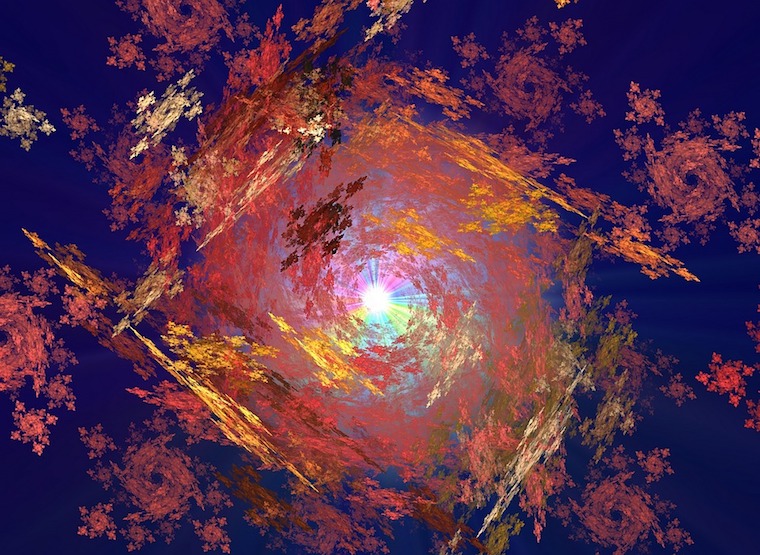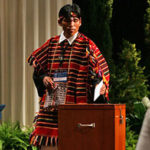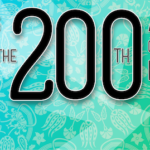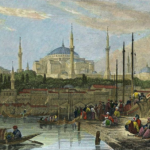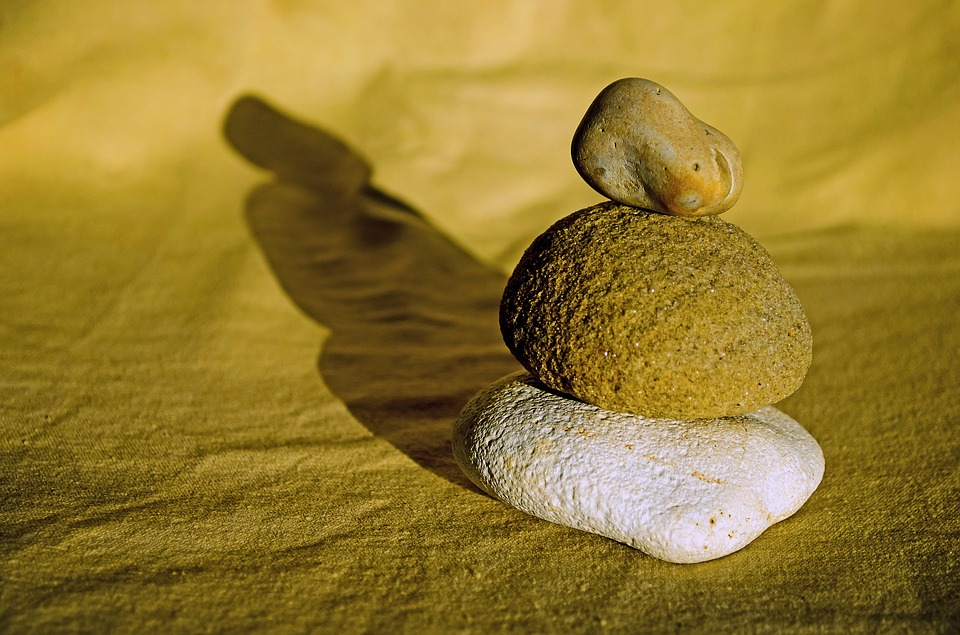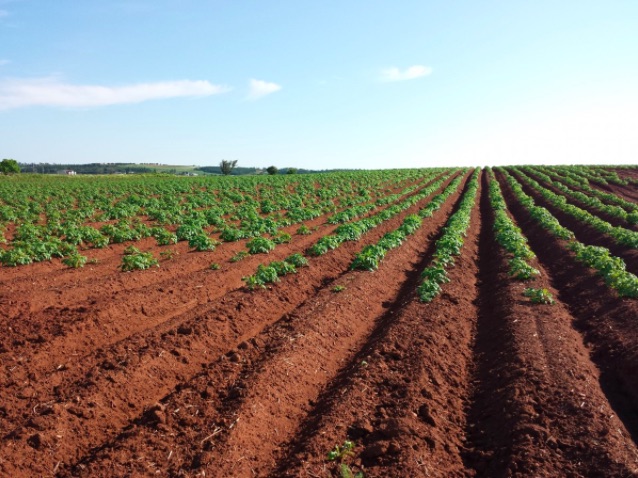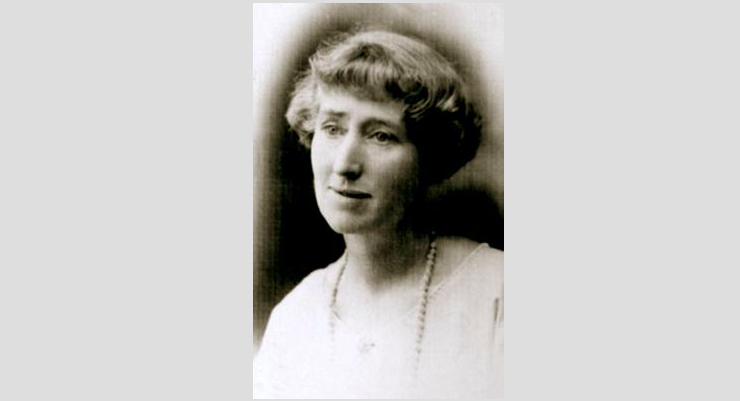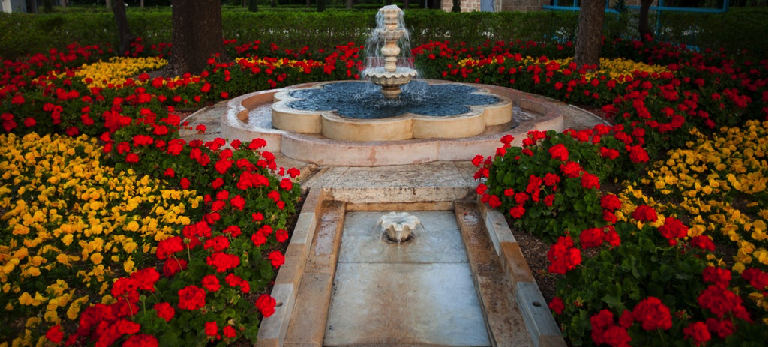
Paradise
 The Sura of Vafa replies to a number of questions. One question was about paradise. Like many parts of Bahá’u’lláh’s writings, these ancient religious concepts are recast in a new form by Bahá’u’lláh.
The Sura of Vafa replies to a number of questions. One question was about paradise. Like many parts of Bahá’u’lláh’s writings, these ancient religious concepts are recast in a new form by Bahá’u’lláh.
Here is part of Bahá’u’lláh’s reply.
It is a reality and there can be no doubt about it, and now in this world it is realized through love of Me and My good-pleasure. Whosoever attaineth unto it God will aid him in this world below, and after death He will enable him to gain admittance into Paradise whose vastness is as that of heaven and earth. Therein the Maids of glory and holiness will wait upon him in the daytime and in the night season, while the daystar of the unfading beauty of his Lord will at all times shed its radiance upon him and he will shine so brightly that no one shall bear to gaze at him. Such is the dispensation of Providence, yet the people are shut out by a grievous veil. Likewise apprehend thou the nature of hell-fire and be of them that truly believe. For every act performed there shall be a recompense according to the estimate of God, and unto this the very ordinances and prohibitions prescribed by the Almighty amply bear witness. For surely if deeds were not rewarded and yielded no fruit, then the Cause of God—exalted is He—would prove futile. Immeasurably high is He exalted above such blasphemies! However, unto them that are rid of all attachments a deed is, verily, its own reward. Were We to enlarge upon this theme numerous Tablets would need to be written.[1]
This reply of itself, while hinting at deeper concepts, on its surface at least seems to repeat traditional concepts. Yet it is clear when put in the context of other of Bahá’u’lláh’s writings, that the language contains deeper allusions.
Thus, in Ishraqat we find another reference to paradise:
They say: “Where is Paradise, and where is Hell?” Say: “The one is reunion with Me; the other thine own self, O thou who dost associate a partner with God and doubtest.”[2]
Here paradise and hell are not so much “places” as “conditions” of the soul. One way in which the “condition” of paradise is conveyed is through the characteristic of “connection”. Connection with God and connection with other souls. Thus in the Hidden Words, we find:
Thy Paradise is My love; thy heavenly home, reunion with Me. Enter therein and tarry not. This is that which hath been destined for thee in Our kingdom above and Our exalted dominion.[3]
And in describing the state of a soul after death:
Blessed is the soul which, at the hour of its separation from the body, is sanctified from the vain imaginings of the peoples of the world. Such a soul liveth and moveth in accordance with the Will of its Creator, and entereth the all-highest Paradise. The Maids of Heaven, inmates of the loftiest mansions, will circle around it, and the Prophets of God and His chosen ones will seek its companionship. With them that soul will freely converse, and will recount unto them that which it hath been made to endure in the path of God, the Lord of all worlds. If any man be told that which hath been ordained for such a soul in the worlds of God, the Lord of the throne on high and of earth below, his whole being will instantly blaze out in his great longing to attain that most exalted, that sanctified and resplendent station.…[4]
Further such a soul remains connected with the material world influencing it after material death:
The Prophets and Messengers of God have been sent down for the sole purpose of guiding mankind to the straight Path of Truth. The purpose underlying Their revelation hath been to educate all men, that they may, at the hour of death, ascend, in the utmost purity and sanctity and with absolute detachment, to the throne of the Most High. The light which these souls radiate is responsible for the progress of the world and the advancement of its peoples. They are like unto leaven which leaveneth the world of being, and constitute the animating force through which the arts and wonders of the world are made manifest. Through them the clouds rain their bounty upon men, and the earth bringeth forth its fruits. All things must needs have a cause, a motive power, an animating principle. These souls and symbols of detachment have provided, and will continue to provide, the supreme moving impulse in the world of being.[4]
(This article is the 169th in a series of what I hope will be 200 articles in 200 days for the 200th anniversary of the birth of Bahá’u’lláh. The anniversary is being celebrated around the world on 21 and 22 October 2017. The articles are simply my personal reflections on Bahá’u’lláh’s life and work. Any errors or inadequacies in these articles are solely my responsibility.)
Image Credits:
Portion of Fountain at the Ridván Garden. (“Ridvan” means paradise). Copyright © Bahá’í International Community
Image link: http://media.bahai.org/detail/2096125
